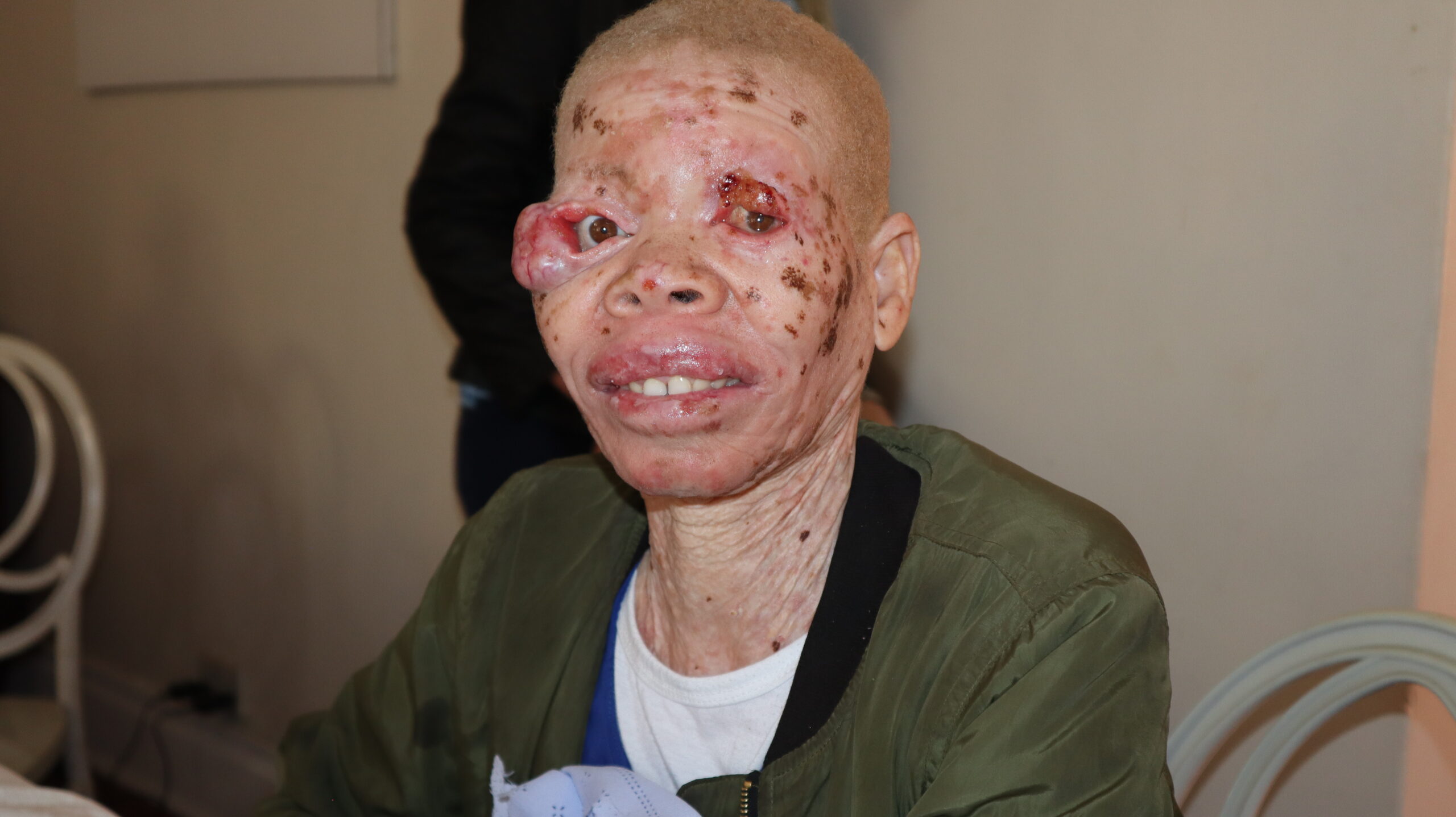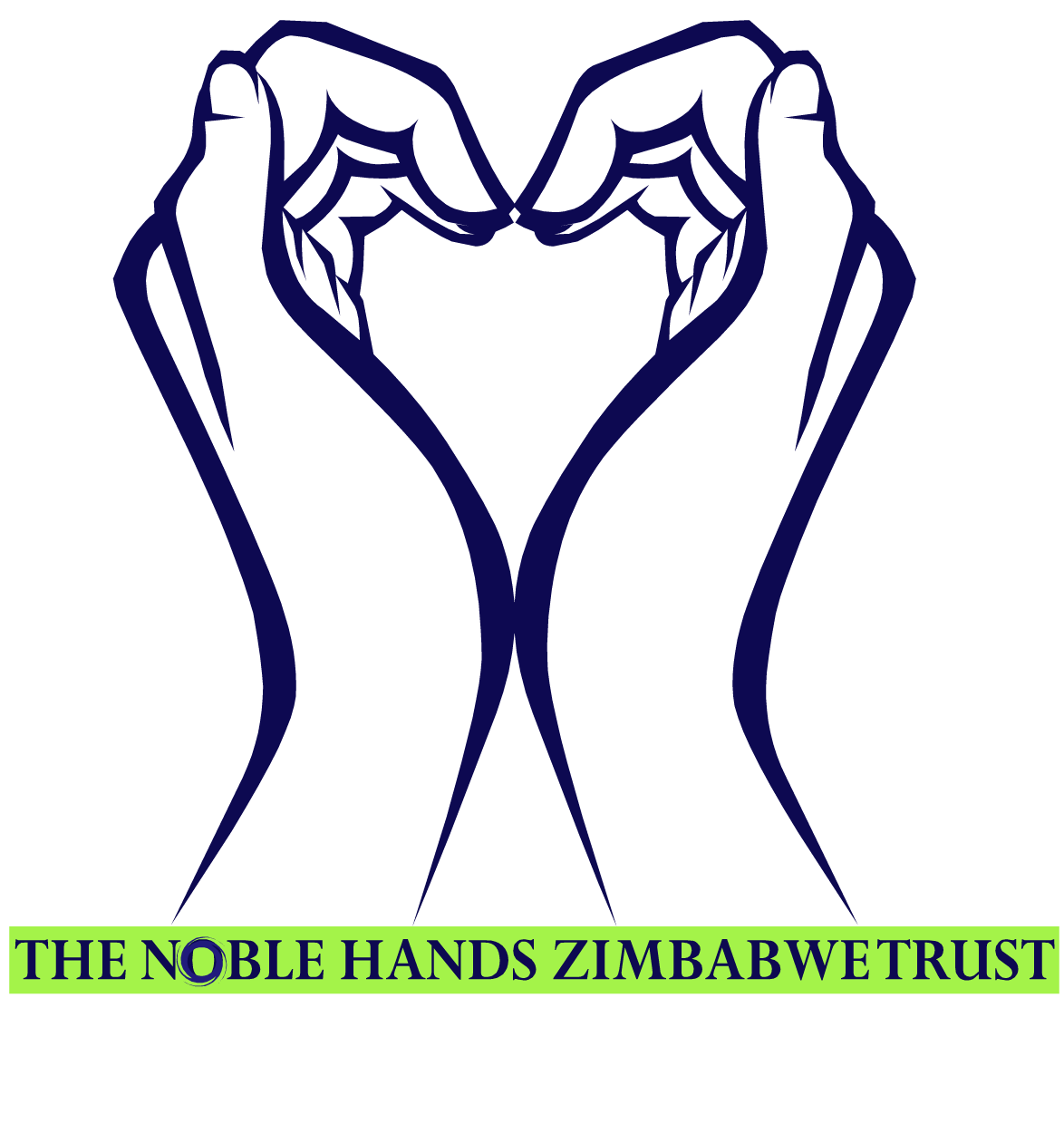 According to the 2022 Zimbabwe Population Census, Zimbabwe has 9,754 PWA, of which 80% live in rural areas, where they face various challenges such as unemployment, food insecurity, susceptibility to squamous/basal carcinoma cell skin cancer, poor access to education, and skin protection needs. According to a recent study conducted by the Zimbabwe Albino Association (ZAA), 90% of PWA in rural areas live below the poverty line, and only 1 in 10 PWA have access to sunscreen. Climate change has further impacted the livelihoods, well-being, and socio-economic status of PWA in these areas. As climate change exacerbates already existing inequalities within and among communities, it has a disproportionate effect on marginalized persons with albinism and isolated communities, particularly for those whose lifestyle is directly depend on local economies or traditional knowledge for subsistence and survival. Climate change is already impacting subsistence farmers through a shift in climate and agricultural zones, changes in production patterns due to higher temperatures, and more extreme and unpredictable precipitation patterns all of which threaten crops and food security. According to a report by the Zimbabwean government, the country has experienced a 37% decrease in maize production (2021-2022 farming season) due to climate change-induced droughts. Most recently, reports indicate that the 2023/2024 farming season has been badly affected by the El-Nino-induced drought, which has caused the wilting of more than 50% of the crops in Zimbabwe. Poverty and inequality will only get worse with climate change because disadvantaged groups do not have the capacity to adapt or the resources to cope with effects such as extreme flooding or droughts that may displace them or change their way of life. Zimbabwe already struggle with lack of infrastructure and access to technological and financial resources, among a number of other concerns that will hinder their ability to adapt. Institutional incapacities within the Ministry of Health and Child Care have affected access to screening services and information about preventing squamous cell carcinoma amongst persons with albinism. Zimbabwe currently has only 3 dermatologists which automatically make accessibility difficult. From a survey we conducted 1 in 30 people have somewhat ben screened for skin cancer in their life time. The interviews we did indicated that many people have no knowledge on the need for screening, some showed that the process itself is very difficult and costly that with the ongoing socioeconomic challenges Zimbabwe is facing, they cant afford to get screened. Climate change is a threat to the survival and wellbeing of people with albinism.
According to the 2022 Zimbabwe Population Census, Zimbabwe has 9,754 PWA, of which 80% live in rural areas, where they face various challenges such as unemployment, food insecurity, susceptibility to squamous/basal carcinoma cell skin cancer, poor access to education, and skin protection needs. According to a recent study conducted by the Zimbabwe Albino Association (ZAA), 90% of PWA in rural areas live below the poverty line, and only 1 in 10 PWA have access to sunscreen. Climate change has further impacted the livelihoods, well-being, and socio-economic status of PWA in these areas. As climate change exacerbates already existing inequalities within and among communities, it has a disproportionate effect on marginalized persons with albinism and isolated communities, particularly for those whose lifestyle is directly depend on local economies or traditional knowledge for subsistence and survival. Climate change is already impacting subsistence farmers through a shift in climate and agricultural zones, changes in production patterns due to higher temperatures, and more extreme and unpredictable precipitation patterns all of which threaten crops and food security. According to a report by the Zimbabwean government, the country has experienced a 37% decrease in maize production (2021-2022 farming season) due to climate change-induced droughts. Most recently, reports indicate that the 2023/2024 farming season has been badly affected by the El-Nino-induced drought, which has caused the wilting of more than 50% of the crops in Zimbabwe. Poverty and inequality will only get worse with climate change because disadvantaged groups do not have the capacity to adapt or the resources to cope with effects such as extreme flooding or droughts that may displace them or change their way of life. Zimbabwe already struggle with lack of infrastructure and access to technological and financial resources, among a number of other concerns that will hinder their ability to adapt. Institutional incapacities within the Ministry of Health and Child Care have affected access to screening services and information about preventing squamous cell carcinoma amongst persons with albinism. Zimbabwe currently has only 3 dermatologists which automatically make accessibility difficult. From a survey we conducted 1 in 30 people have somewhat ben screened for skin cancer in their life time. The interviews we did indicated that many people have no knowledge on the need for screening, some showed that the process itself is very difficult and costly that with the ongoing socioeconomic challenges Zimbabwe is facing, they cant afford to get screened. Climate change is a threat to the survival and wellbeing of people with albinism.
The Noble Hands Zimbabwe Trust
